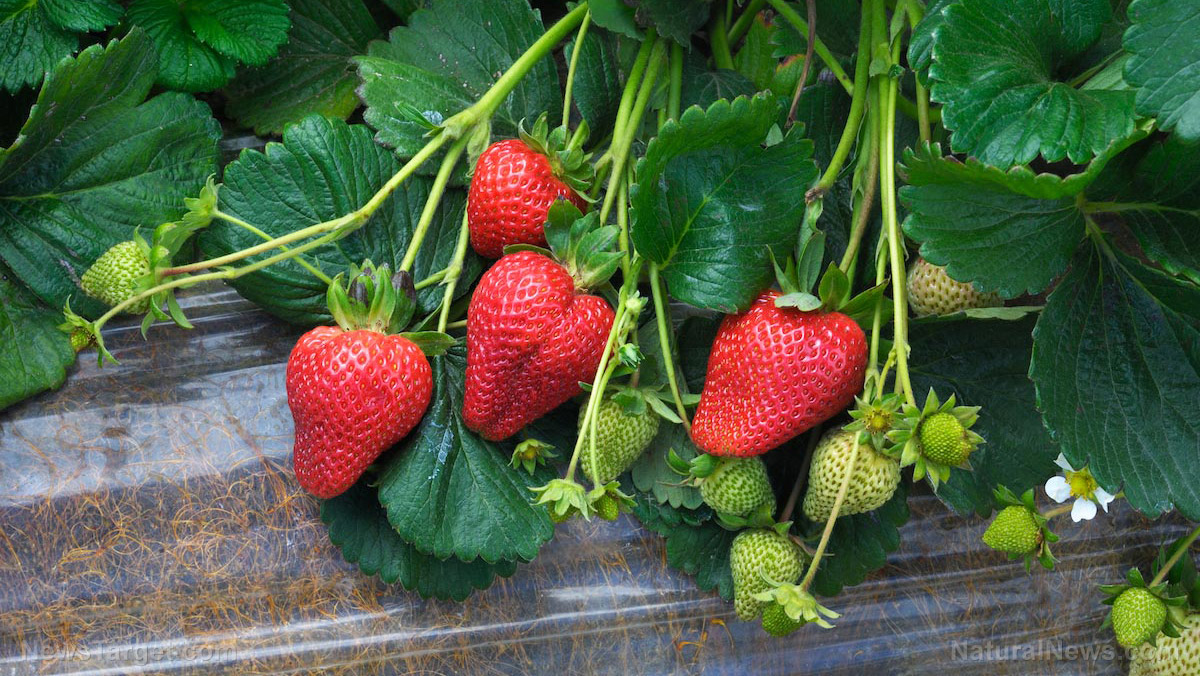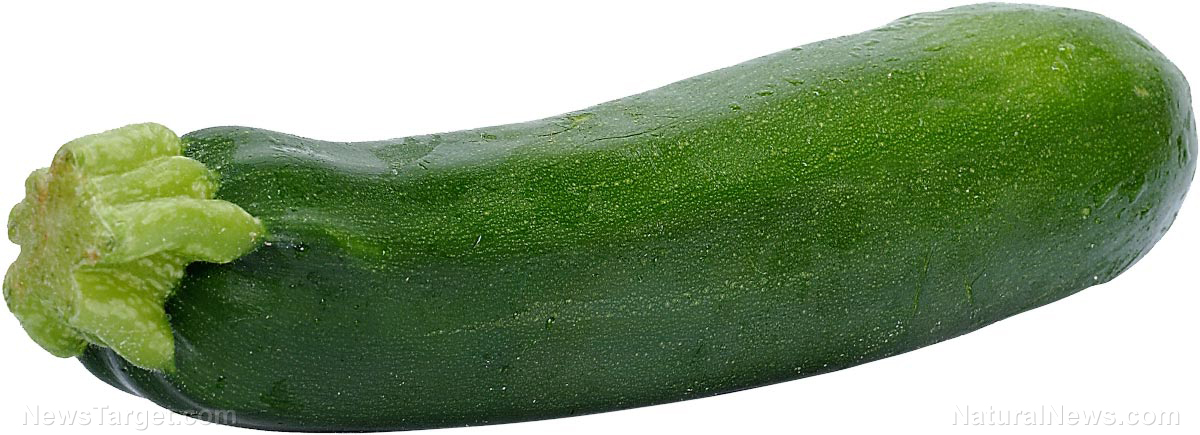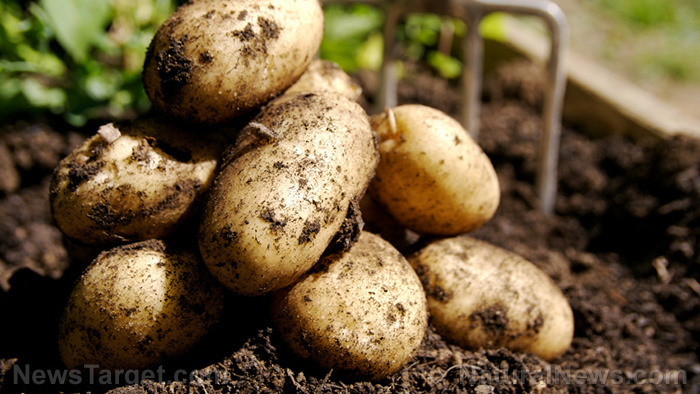Natural weed control: 9 Herbicide-free tricks
06/26/2019 / By Zoey Sky

As a good prepper, keeping your garden soil weed-free ensures that your crops grow healthy and strong. If you don’t want to use pesticides with harmful chemicals, you can protect your plants using natural weed-killing methods like mulching or vinegar. (h/t to HomesteadSurvivalSite.com)
The natural methods detailed below can prevent weeds from taking over your garden.
Pulling weeds
Pulling weeds by hand may be hard on your back and knees, but it’s a tried-and-tested method of getting rid of weeds. It’s also one of the best methods to use if you have weeds that grew too close to your crops since you don’t have to worry about accidentally damaging the plants that you want to keep alive.
Here are some tips you can follow when weeding by hand:
- Get rid of weeds after it rains. Their roots will come up easily when the ground is moist. If there’s no rain, you can water your garden first before you start pulling.
- Use a garden fork or trowel for baby weeds. You can switch to a hoe if you’re weeding a larger area.
- If you have weeds growing in cracks in your driveway or between pavers (paving stones), you can use an old screwdriver to pry the weeds out.
- Make sure you pull out weeds by the roots to keep them from growing back. Grab the weeds close to the ground, then pull straight up.
Mulch
Use mulch to smother out existing weeds in your garden. Mulch can also prevent new weeds from sprouting.
Additionally, mulch improves soil quality and encourages the growth of your crops.
Old newspapers
Like mulch, old newspapers can smother weeds.
Lay down some old newspapers around your plants to prevent weeds from growing. Newspapers will also boost soil quality in your garden.
Vodka or rubbing alcohol
Alcohol and sunlight are a deadly combination for weeds. Sunlight makes alcohol lethal to plants that it comes into contact with. Moreover, alcohol’s drying properties pull the moisture from leaves, leaving the weeds to wither.
Make a natural, non-toxic herbicide by combining two ounces of vodka or rubbing alcohol, two cups of water, and several drops of dish soap. The dish soap boosts the effectiveness of the mixture by drying out the leaves even more.
Be careful when using this mixture, and don’t spray any on the plants that you want to grow.
Vinegar
Unlike the alcohol mixture above, you need to apply vinegar several times for best results, especially when dealing with weeds that have a long taproot (e.g., dandelions). (Related: A natural herbicide that really works.)
Make a vinegar-based weed-killer by mixing a gallon of white household vinegar, one cup of table salt, and a tablespoon of dish soap. Spray the mixture directly on the weeds. Re-apply until the weeds wither.
Don’t spray the mixture directly on the soil. Both salt and vinegar will prevent anything from growing in that spot for a long time.
Plastic sheeting
You can use plastic sheeting to apply a method called soil solarization.
To solarize your garden, place plastic sheeting around the base of your plants. This method uses the greenhouse effect to “cook” the weeds beneath the sheeting. The plants above the sheeting will be unharmed.
Take note that solarizing is effective only in areas exposed to full sunlight.
Corn gluten
Sprinkle corn gluten over the soil in your garden to prevent new weeds from germinating. This method won’t harm garden plants that have already sprouted and those that have already germinated.
Combine corn gluten with other methods to boost its effectiveness. Corn gluten also adds nitrogen, which boosts soil health.
Crowding
Crowding is another effective weed control method because plants can’t grow if there isn’t any room for them.
Plant crops in your garden as closely together as possible. Once your plants have reached maturity, their leaves will block out most of the sunlight from reaching the ground beneath them. This prevents weeds from growing around them.
Salt
Sprinkling a few pinches of salt around the base of weeds will dehydrate and kill them. This also prevents weeds from growing back.
However, you must use this method with caution because the salt will prevent anything else from growing in the same spot for a long time. Don’t get salt near the base of your crops.
Keep your garden weed-free with these natural, non-toxic methods. Visit HomeGardeningNews.com to learn more.
Sources include:
Tagged Under: agriculture, gardening, green living, harvest, herbicides, home gardening, homesteading, natural herbicides, off grid, organic farming, organics, prepper, prepping, self-reliance, survival, sustainable living, weed control, weeding, weeds
RECENT NEWS & ARTICLES
COPYRIGHT © 2017 ORGANICS NEWS



















